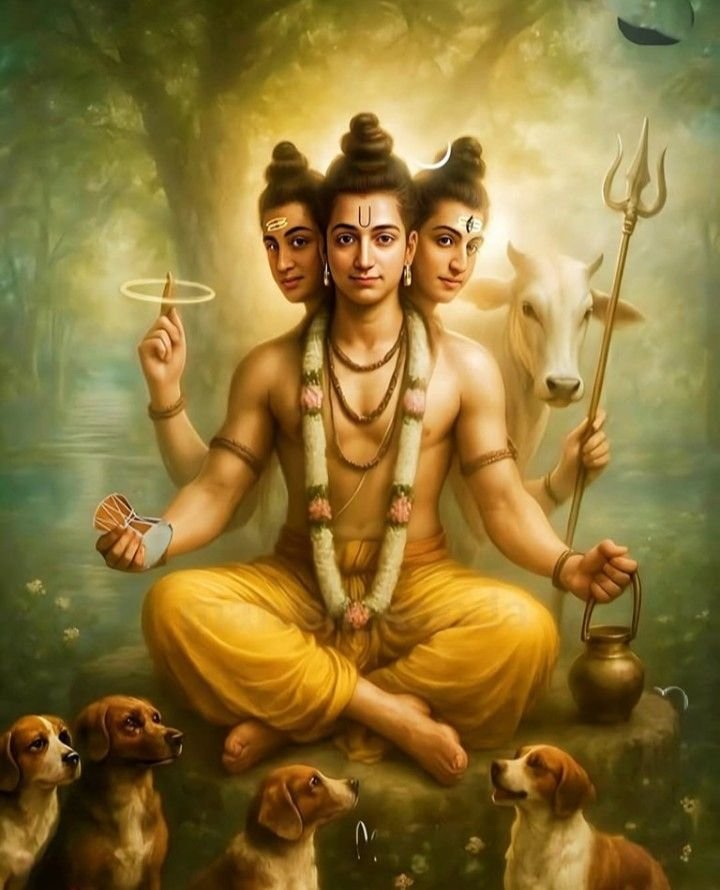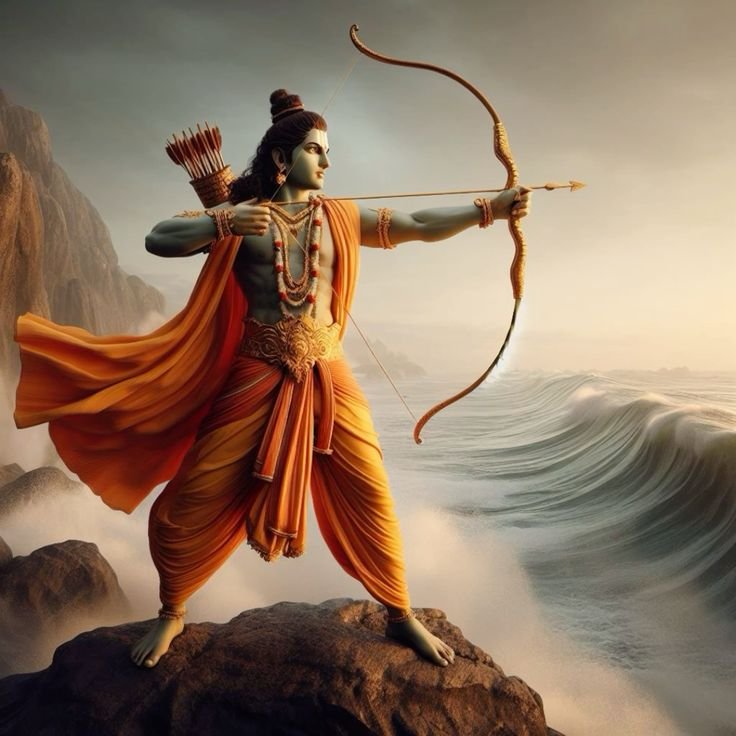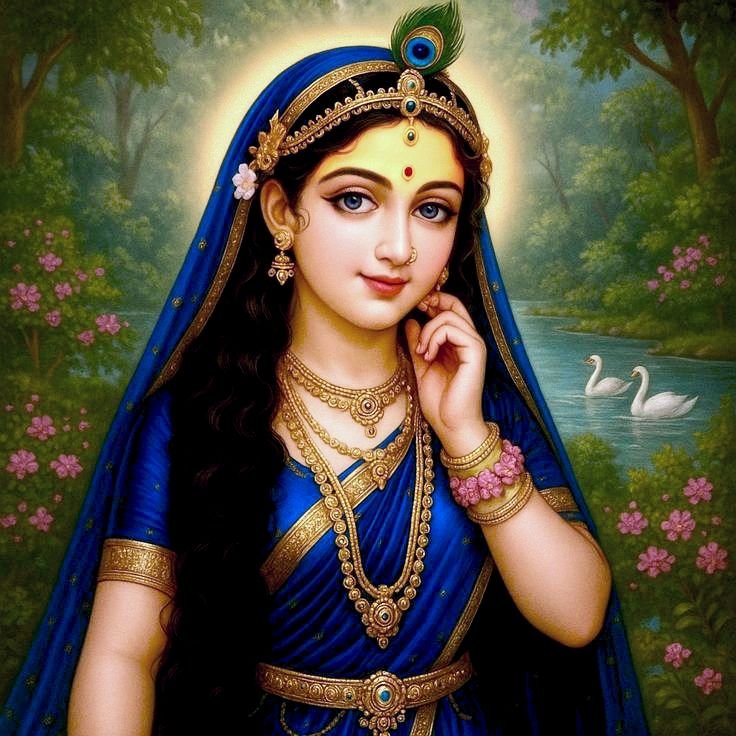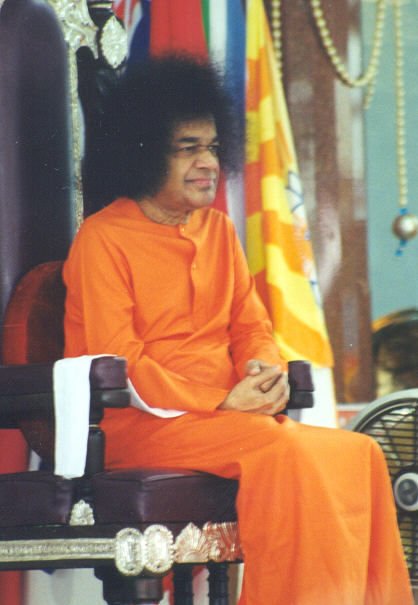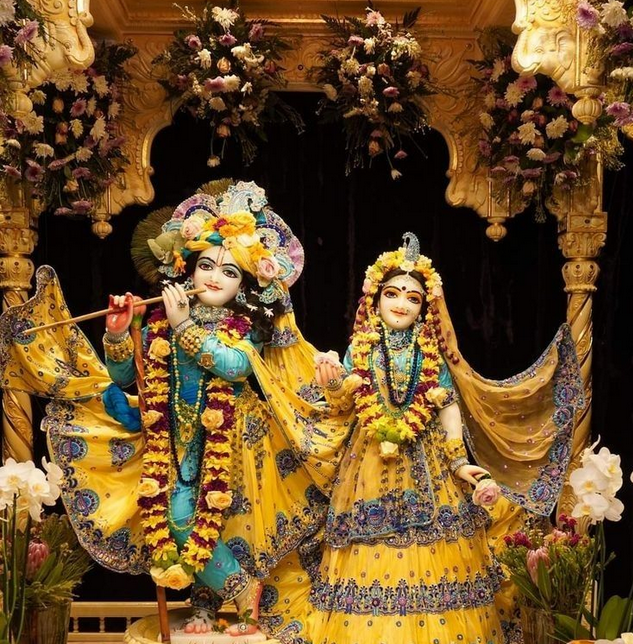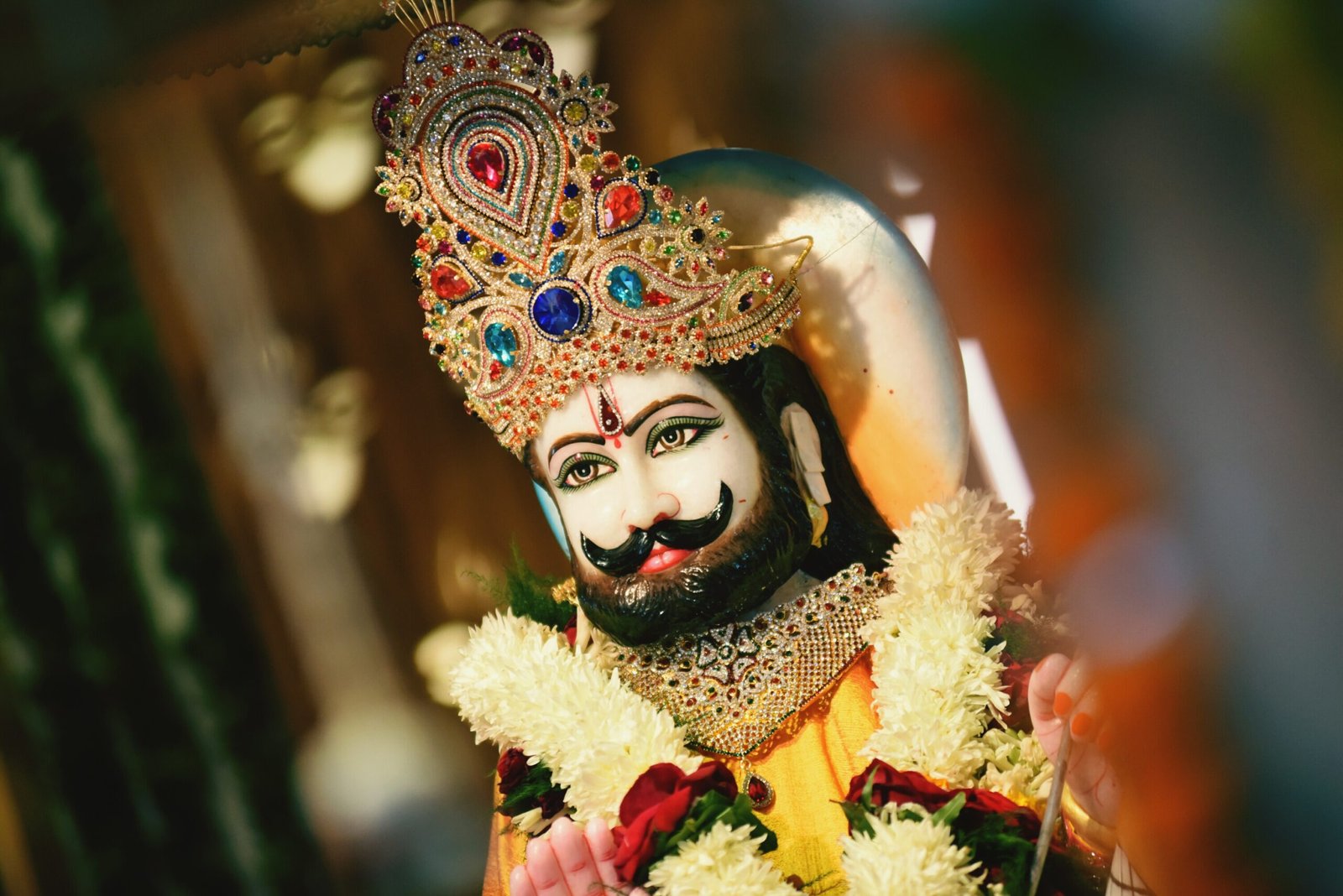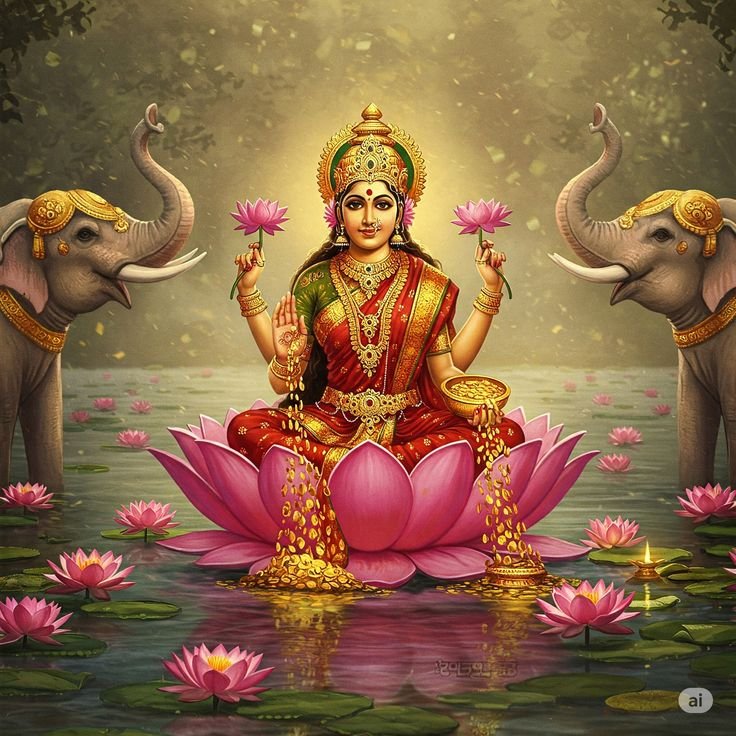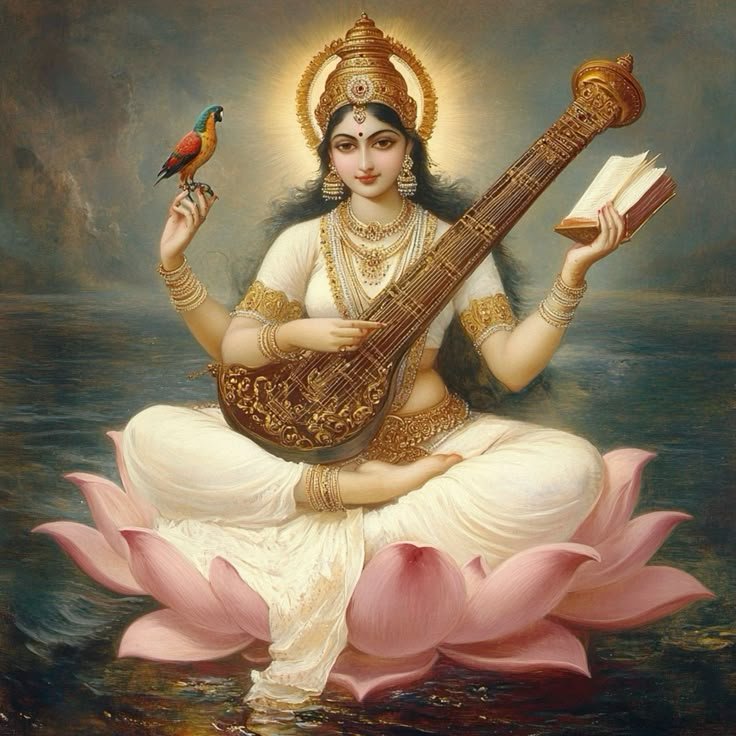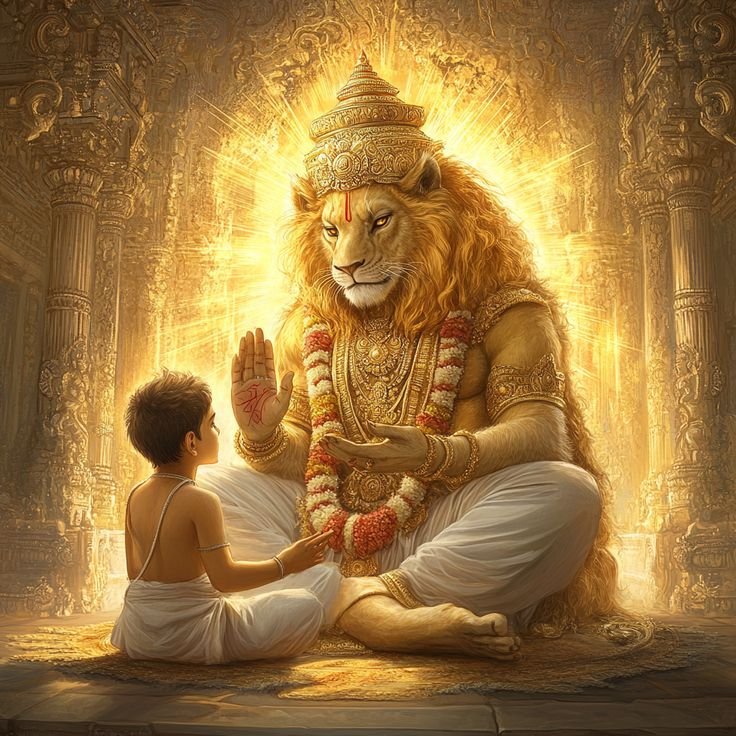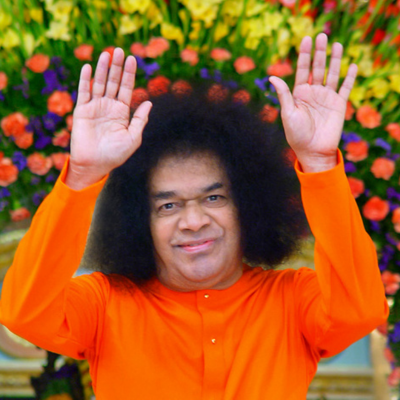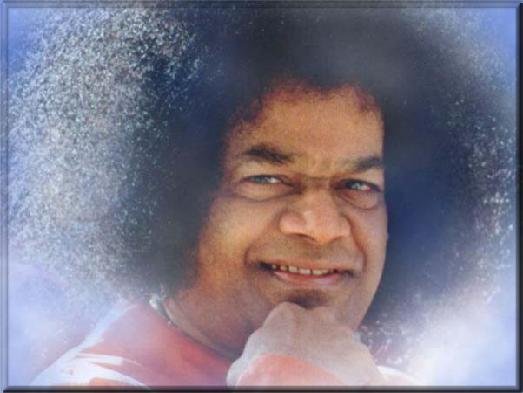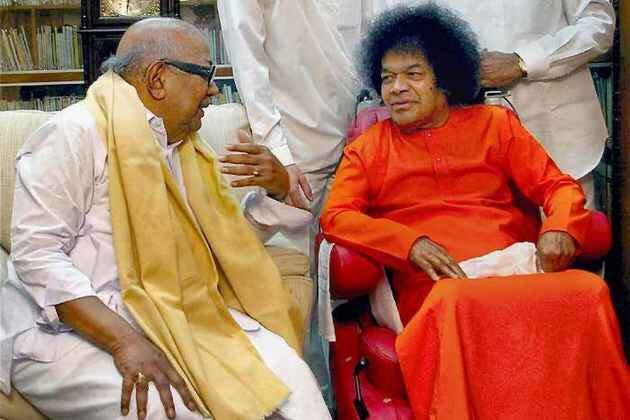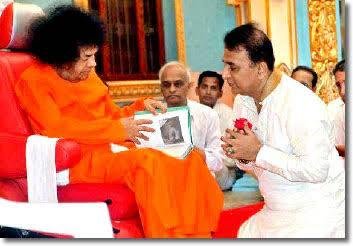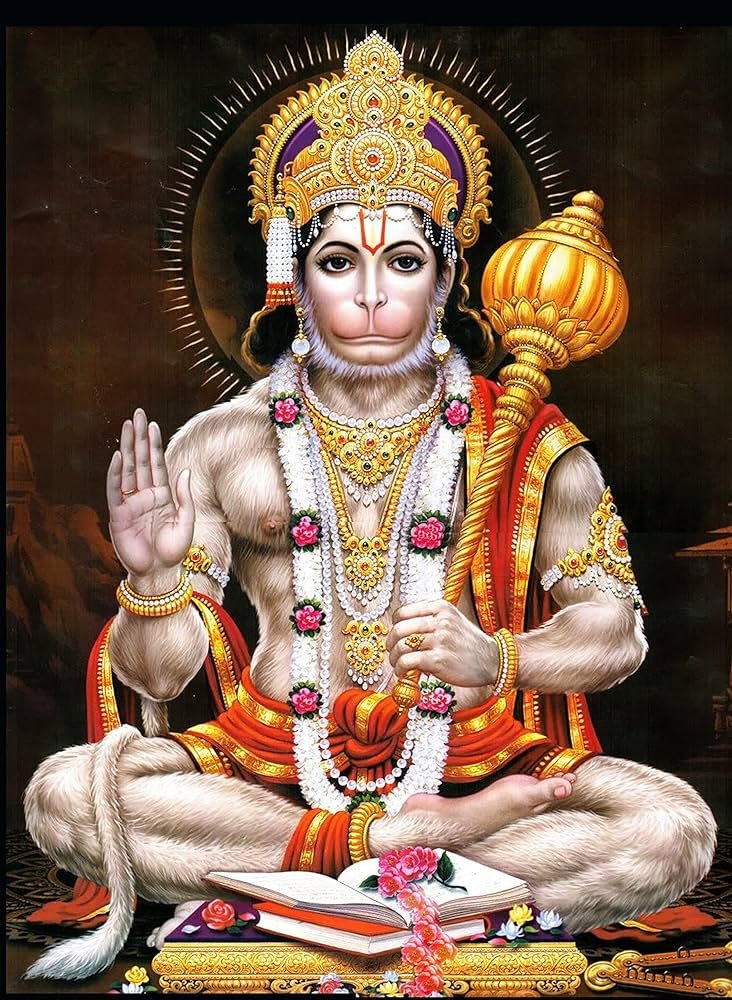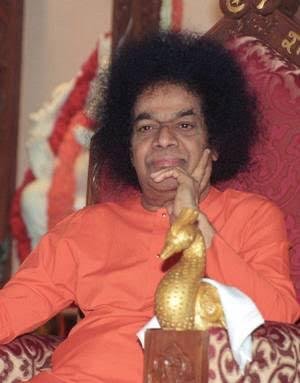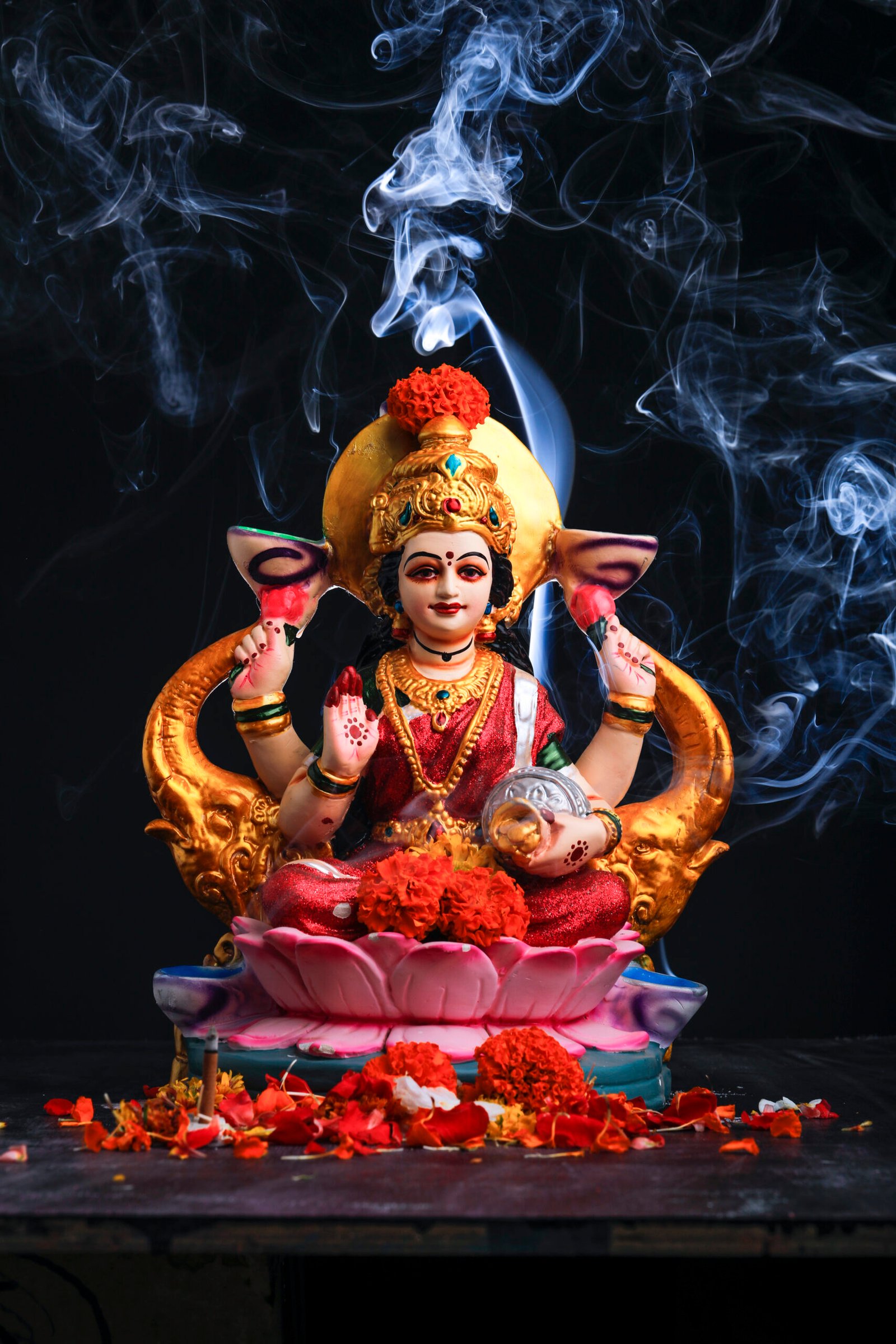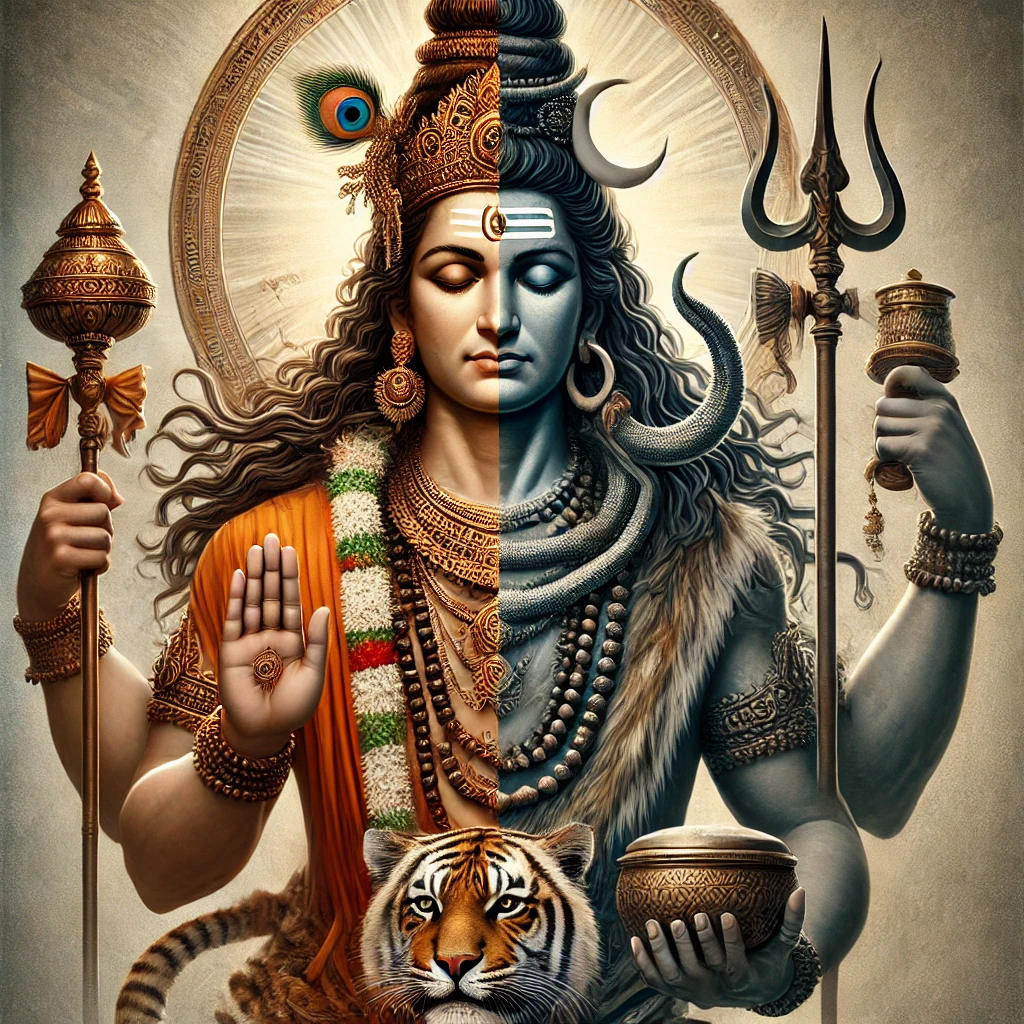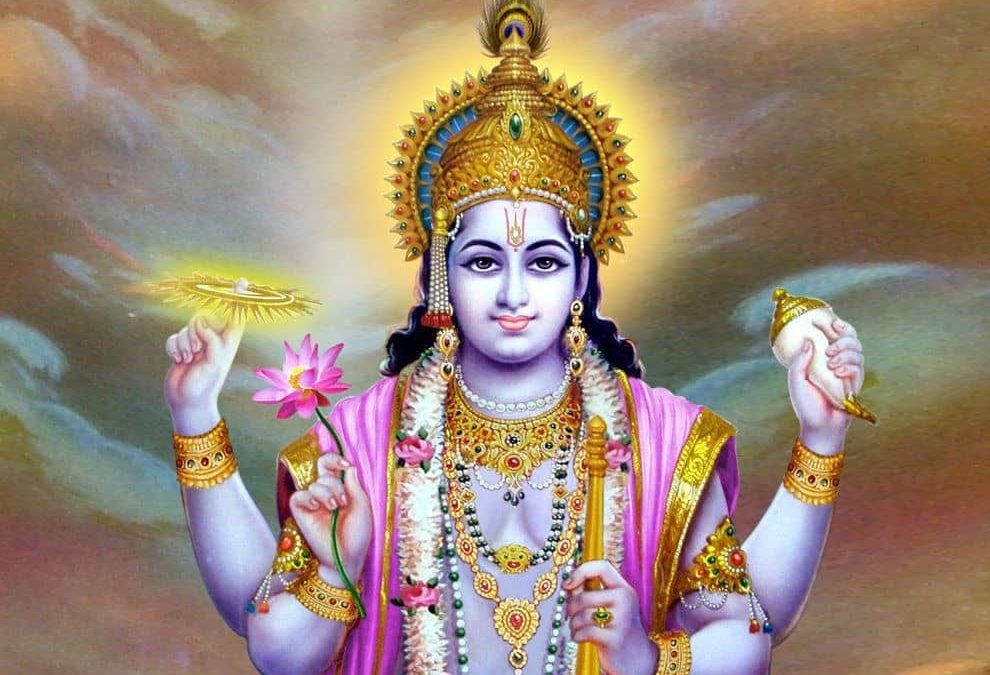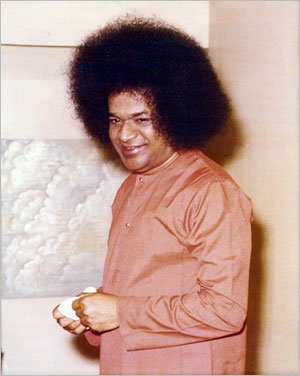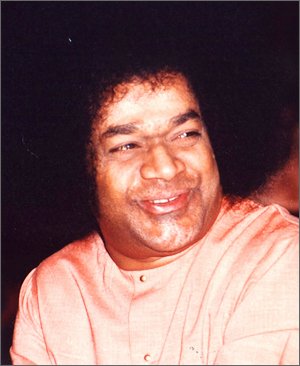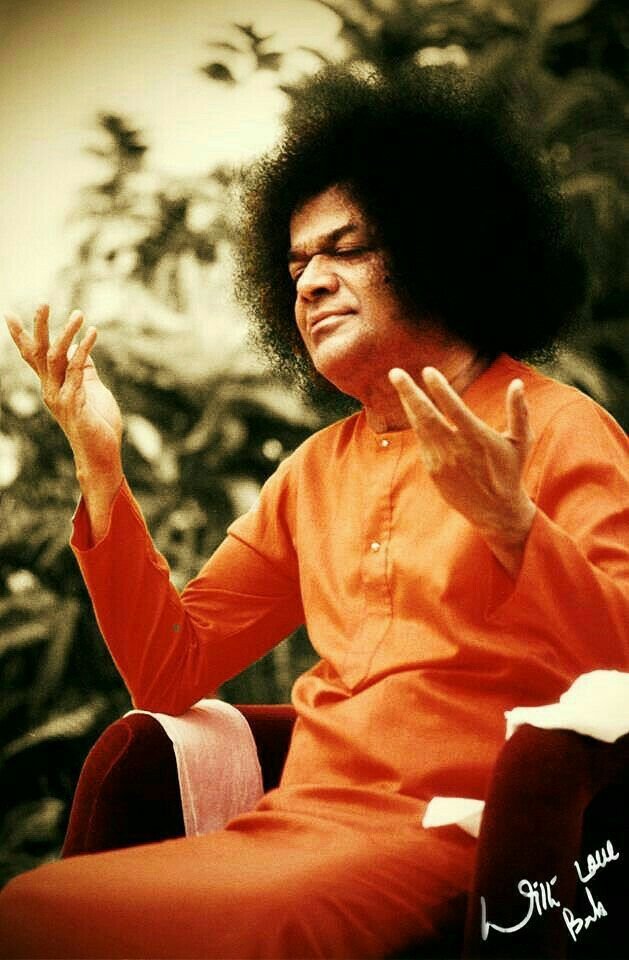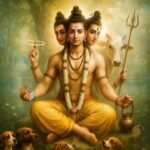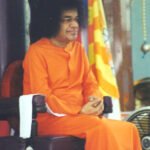Hindu Festivals Gita Jayanti
Gita Jayanti
Gita Jayanti is the sacred day that marks the birth of the Bhagavad Gita, the divine discourse delivered by Lord Krishna to Arjuna on the battlefield of Kurukshetra, which is believed to have occurred on the Ekadashi of the Shukla Paksha in the month of Margashirsha. On this day, devotees celebrate by reading and reciting verses from the Bhagavad Gita, organizing discourses, and reflecting upon its timeless teachings of duty, righteousness, devotion, and selfless action. The festival emphasizes the importance of following the path of dharma and balancing worldly responsibilities with spiritual wisdom. Temples, especially in Kurukshetra, hold special prayers, yajnas, and Gita recitation programs, attracting thousands of pilgrims. Many people also perform charitable acts, distribute religious texts, and engage in meditation and spiritual discussions. Gita Jayanti is not only a religious observance but also a reminder of the eternal wisdom imparted by Lord Krishna, which continues to inspire humanity to live with courage, righteousness, and devotion, making it a festival of knowledge, truth, and spiritual awakening.
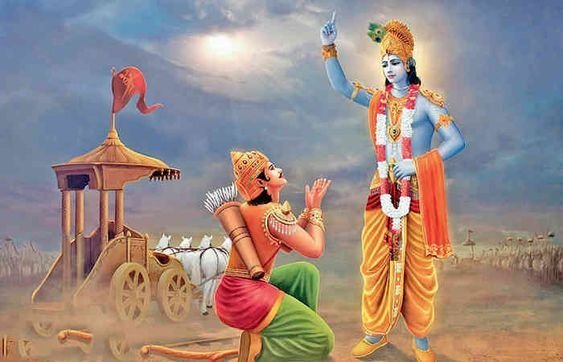


Gita Jayanti is the sacred day when Lord Krishna imparted the timeless wisdom of the Bhagavad Gita to Arjuna on the battlefield of Kurukshetra. Devotees celebrate by reciting verses, organizing discourses, and reflecting on its teachings of duty, devotion, and righteousness, making it a festival of knowledge, truth, and spiritual awakening.
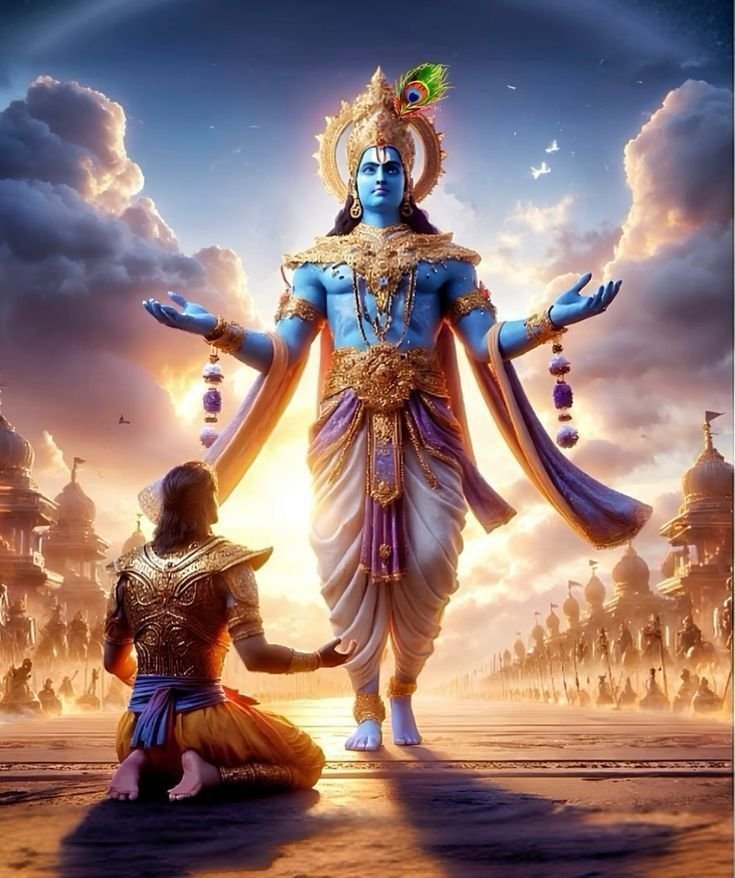

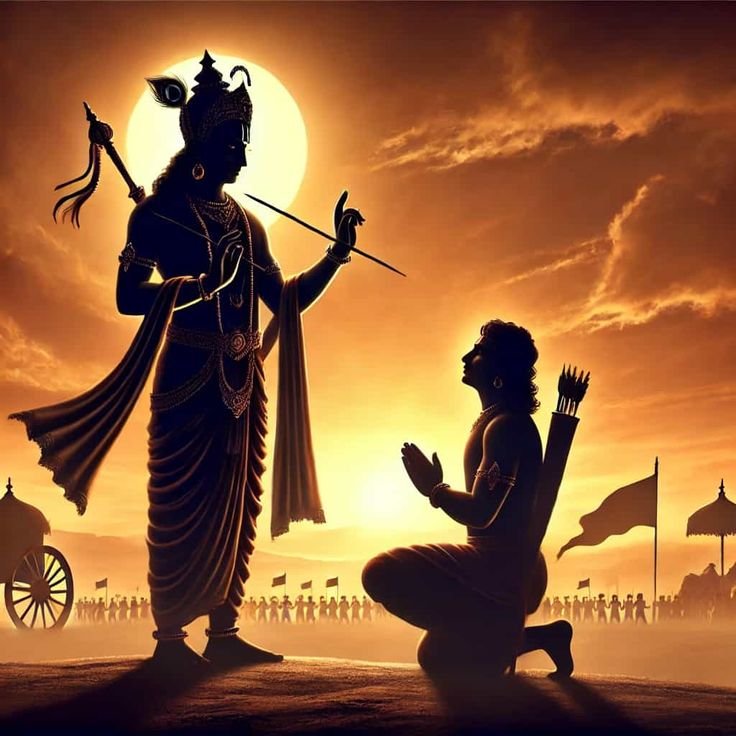


Rituals & Traditions of Gita Jayanti
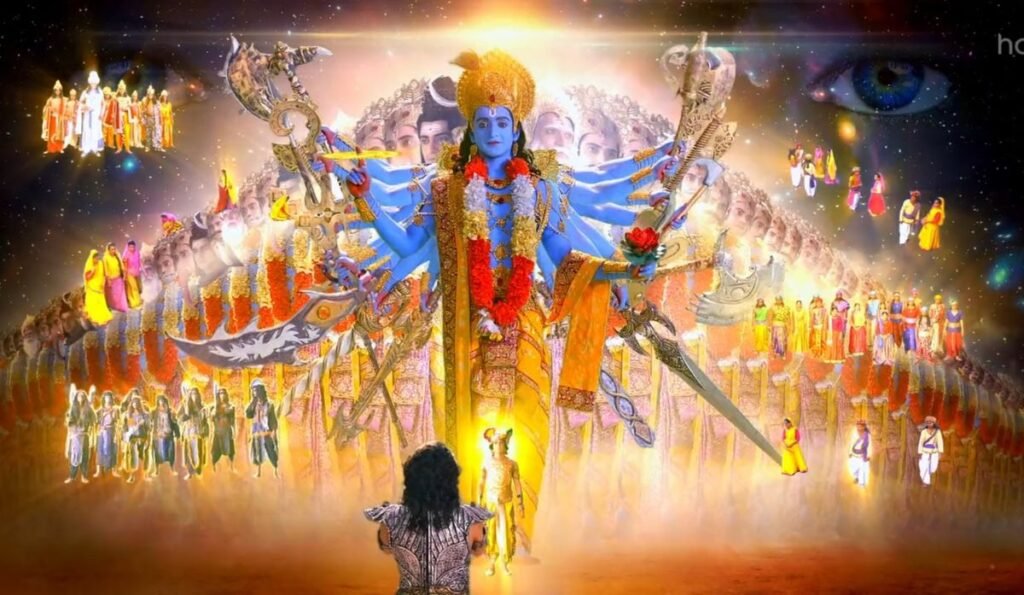
Gita Jayanti is a sacred and highly revered occasion that marks the day when Lord Krishna imparted the divine teachings of the Bhagavad Gita to Arjuna on the battlefield of Kurukshetra during the great war of the Mahabharata. This event, which took place on the Ekadashi of Shukla Paksha in the holy month of Margashirsha, is considered one of the most significant spiritual milestones in Hinduism. The Bhagavad Gita, a timeless scripture consisting of 700 verses, is often described as the “Song of God” and presents a complete guide to righteous living, combining the paths of karma yoga (selfless action), bhakti yoga (devotion), and jnana yoga (spiritual wisdom). On Gita Jayanti, devotees celebrate by reading and chanting verses from the Gita, organizing mass recitations, attending discourses, and reflecting upon its universal message. Special celebrations take place in Kurukshetra, where thousands of pilgrims gather to participate in yajnas, fairs, prayers, and cultural programs dedicated to the sacred dialogue between Krishna and Arjuna. Temples across India and abroad also organize events to spread the teachings of the Gita, encouraging people to practice righteousness (dharma) and spiritual discipline in daily life. Gita Jayanti is not only a commemoration of a historical event but also a reminder of the eternal values of duty, devotion, and wisdom that continue to guide humanity.
Spiritual Importance & Cultural Significance
Gita Jayanti is a sacred festival that commemorates the day when Lord Krishna imparted the divine teachings of the Bhagavad Gita to Arjuna on the battlefield of Kurukshetra during the great war of the Mahabharata. This momentous event, which took place on the Ekadashi of Shukla Paksha in the auspicious month of Margashirsha, is regarded as a turning point in spiritual history and one of the most significant events in Hindu tradition. The Bhagavad Gita, consisting of 700 profound verses, is known as the “Song of God” and serves as a timeless guide to righteous living. It presents the essence of spiritual philosophy by combining the paths of karma yoga (the yoga of selfless action), bhakti yoga (the yoga of devotion), and jnana yoga (the yoga of wisdom), inspiring people to balance material duties with spiritual growth. On Gita Jayanti, devotees celebrate by reciting verses from the scripture, participating in mass chanting, organizing spiritual discourses, performing yajnas, and engaging in group prayers and devotional singing. Kurukshetra, the very land where Lord Krishna delivered his divine message, becomes the focal point of grand celebrations, attracting thousands of pilgrims who take part in fairs, religious rituals, and cultural programs. Temples across India and abroad also organize special events to spread the universal message of the Gita, encouraging followers to uphold dharma, live with courage, and practice devotion in their everyday lives. More than a festival, Gita Jayanti is a spiritual reminder that the eternal wisdom of the Gita continues to guide humanity toward truth, righteousness, and inner peace.
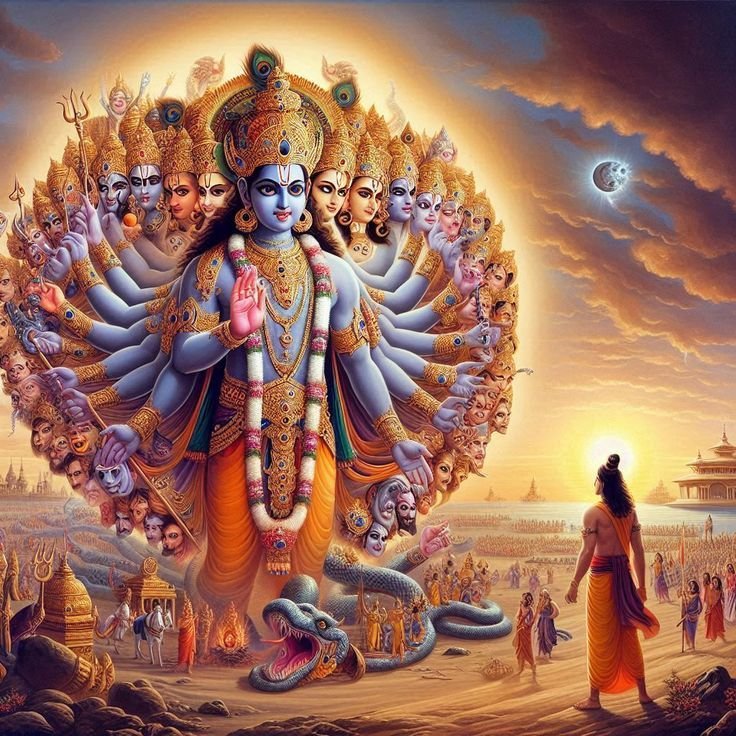

Food & Sweets & Modern Celebrations
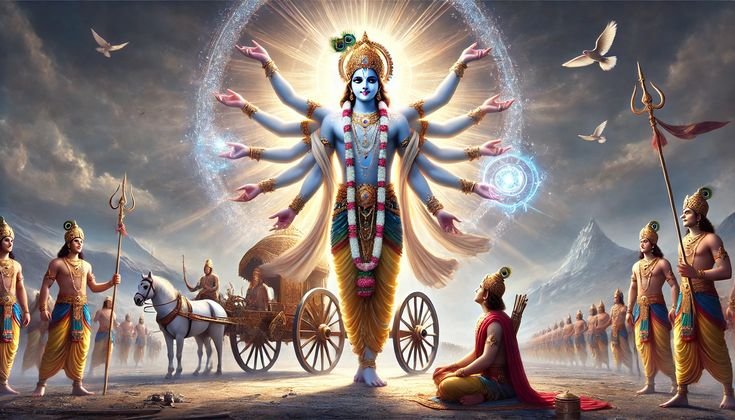
Gita Jayanti is a highly revered festival that marks the day when Lord Krishna revealed the divine wisdom of the Bhagavad Gita to Arjuna on the battlefield of Kurukshetra during the epic war of the Mahabharata. This event, which took place on the Ekadashi of Shukla Paksha in the holy month of Margashirsha, is considered one of the most sacred and spiritually significant occasions in Hindu tradition. The Bhagavad Gita, consisting of 700 verses, is regarded as the “Song of God” and is one of the most important scriptures in the world, offering timeless teachings that address the fundamental questions of life, duty, righteousness, devotion, and liberation. It harmoniously blends karma yoga (selfless action), bhakti yoga (devotion), and jnana yoga (knowledge), providing practical guidance for living a balanced and purposeful life. On Gita Jayanti, devotees engage in reading and chanting verses from the Gita, attending discourses, performing yajnas, and reflecting on its universal philosophy. Special celebrations are held in Kurukshetra, the land where Lord Krishna delivered this divine message, drawing thousands of pilgrims who participate in fairs, rituals, cultural programs, and mass recitations. Temples and spiritual organizations across India and abroad also observe the day with lectures, kirtans, and charity, spreading the eternal message of the Gita to people of all ages. The festival is not only a commemoration of a historical and divine dialogue but also an occasion to remind humanity of the eternal values of duty, devotion, and spiritual wisdom.

